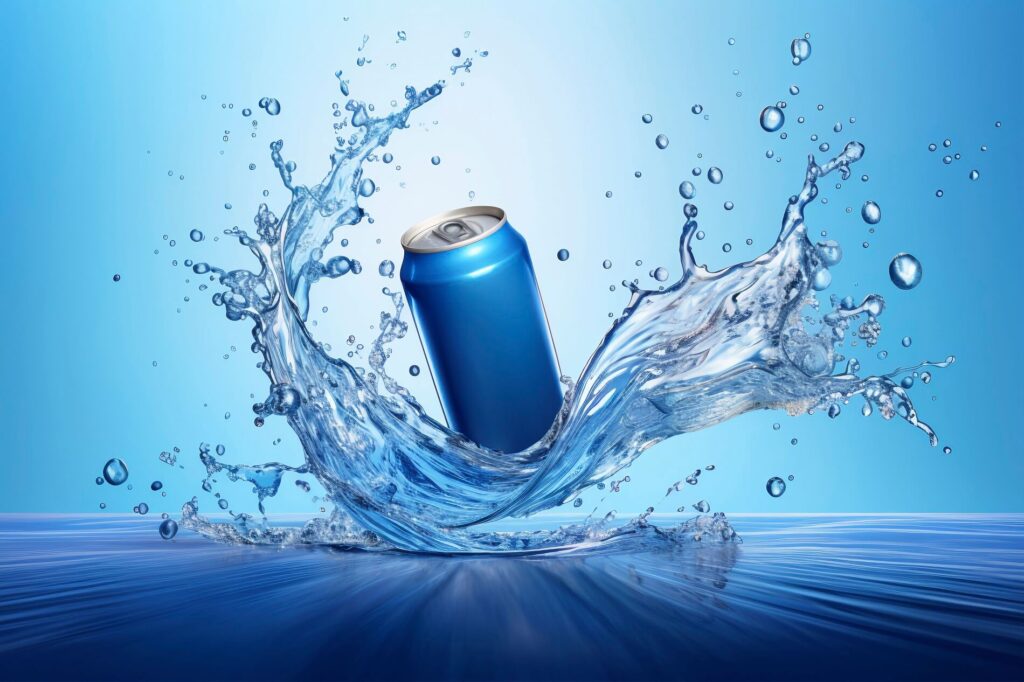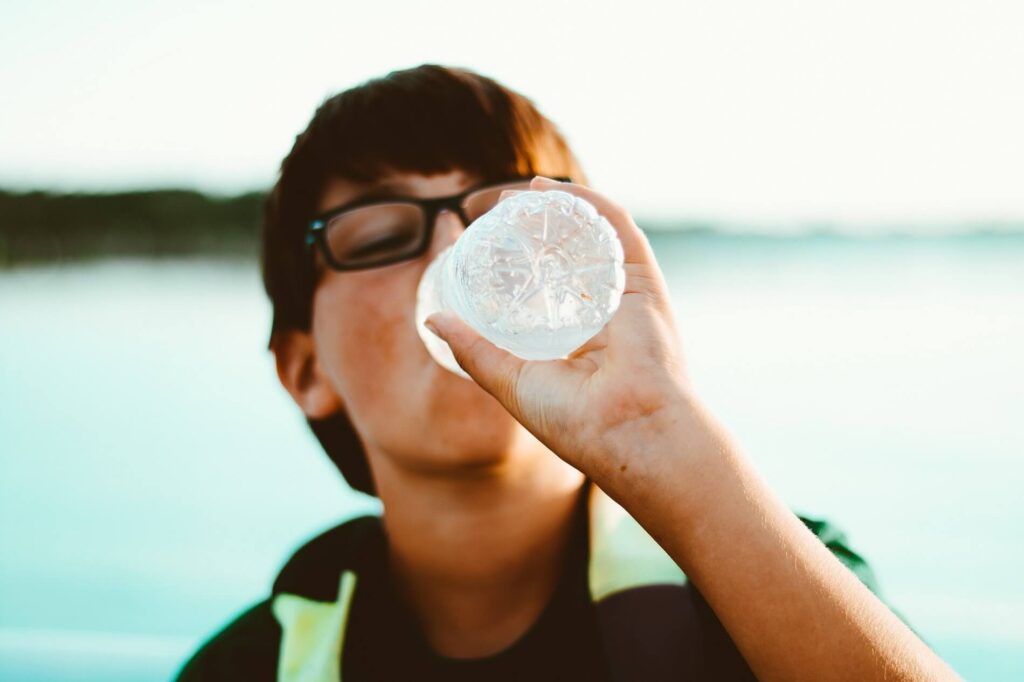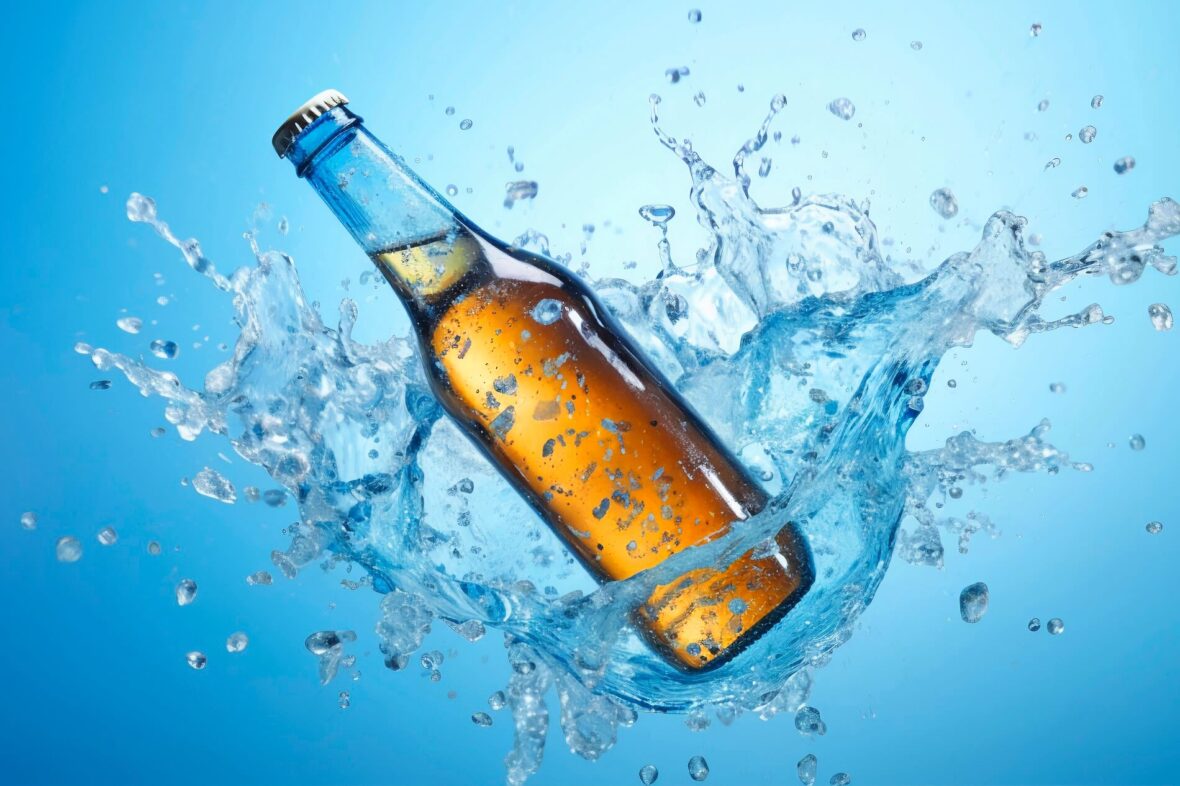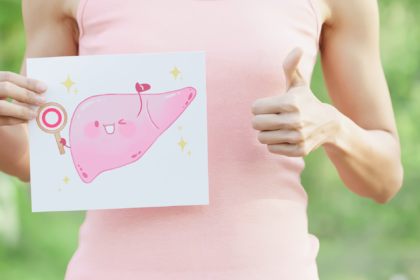Energy drinks have seen a surge in popularity, particularly among the younger demographic and sports enthusiasts looking for a rapid energy jolt. These drinks are marketed to boost focus, enhance athletic abilities, and sustain energy levels all day long. Yet, hidden behind their eye-catching packaging and assertions of immediate vigor, energy drinks carry serious health hazards.
This article explore into the top 10 health drawbacks associated with energy drink consumption, the adverse effects they can have on your well-being, strategies for responsible use, and advice to keep in mind if you decide to drink them.
Overview:
Energy drinks are drinks that usually have caffeine, sugar, and additional stimulants such as guarana, taurine, and B vitamins. They are promoted as items that can enhance energy, mental focus, and physical ability. Although they could offer a short-term increase in energy, the ongoing impact of drinking these beverages frequently can be damaging. Grasping the possible dangers linked to energy drinks is crucial for making knowledgeable decisions regarding your well-being.

Top 10 Health Drawbacks of Drinking Energy Drinks:
Notwithstanding their tempting promise of an instant energy surprise, energy drinks can lead to a variety of harmful health consequences. Let’s explore in more detail how these beverages can adversely affect different facets of our health:
1. Elevated Heart Rate and Blood Pressure:
Energy drinks are packed with caffeine, often surpassing the levels found in a typical cup of coffee. This excessive caffeine consumption can cause a significant rise in heart rate and blood pressure. Prolonged exposure to this strain on the heart can lead to severe conditions such as high blood pressure, irregular heartbeats, and even cardiac emergencies. For people with existing heart conditions, the risk is even greater, as these drinks can worsen irregular heart rhythms or other cardiac problems.
2. Increased Anxiety and Nervousness:
The stimulants present in energy drinks, especially caffeine, can overstimulate the nervous system. This can lead to heightened feelings of anxiety, nervousness, and restlessness. For some, these emotions can escalate into full-blown panic attacks, particularly in individuals who are prone to anxiety disorders. The perpetual state of alertness induced by energy drinks can disrupt the body’s natural relaxation process, resulting in ongoing stress and a reduced capacity to manage daily stressors.
3. Weight Accumulation:
Energy drinks are often high in sugar, leading to a considerable increase in calorie intake. Consuming these sugary drinks regularly can result in weight gain, which is a significant risk factor for obesity and related health issues such as type 2 diabetes, heart disease, and metabolic syndrome. The high sugar content of these drinks can cause spikes in blood sugar levels, leading to more fat storage and a higher chance of developing insulin resistance.

4. Interruption of Sleep Patterns:
Caffeine is a well-known substance that disrupts sleep. Energy drinks, with their high caffeine levels, can interfere with the body’s natural sleep cycle, making it difficult to fall asleep, stay asleep, or achieve quality sleep. Over time, this sleep disturbance can lead to chronic sleep deprivation, which has been associated with numerous health problems, including impaired brain function, a weakened immune system, weight gain, and an increased risk of chronic diseases such as diabetes and heart disease.
5. Elevated Risk of Heart Disease:
The mix of high caffeine and sugar in energy drinks can play a role in the development of heart disease. Caffeine stimulates the release of adrenaline, which raises heart rate and blood pressure, while the sugar content contributes to weight gain and insulin resistance, both of which are risk factors for heart disease. Furthermore, the frequent consumption of energy drinks can lead to the accumulation of arterial plaque, increasing the risk of heart attacks and strokes.
6. Dehydration:
Caffeine functions as a diuretic, which means it boosts the production of urine and can cause dehydration. When these drinks are consumed during exercise, this diuretic effect can be especially dangerous, as it can result in a loss of water and essential minerals needed for staying hydrated and for the proper functioning of the body. Dehydration can lead to symptoms like dizziness, headaches, and in extreme cases, damage to the kidneys.
7. Dental Issues:
The high sugar and acid levels in energy drinks can harm dental health. The acids present in these beverages can wear down the enamel, the hard outer layer of the teeth, making them more prone to cavities, decay, and sensitivity. Over time, this can cause serious dental problems that might require extensive treatment, such as fillings, root canals, or even the removal of a tooth.

8. Addiction and Dependence:
The high amount of caffeine in energy drinks can cause physical dependence, where the body gets used to the stimulant and needs it to function normally. This dependence can lead to a pattern of increased intake, as the effects of caffeine wear off over time, necessitating higher doses for the same energy effect. Withdrawal symptoms like headaches, fatigue, irritability, and depression can appear if intake is suddenly cut back or stopped.
9. Gastrointestinal Issues:
The stimulants and acids in energy drinks can irritate the stomach lining, resulting in gastrointestinal problems such as nausea, acid reflux, and gastritis. These issues can be especially troublesome for people with existing digestive conditions like acid reflux disease or ulcers, as the ingredients in energy drinks can worsen their symptoms and lead to more serious health issues.
10. Mental Health Impact:
Regularly drinking energy drinks has been associated with negative effects on mental health, including increased feelings of depression and mood swings. The initial surge of energy from these drinks is often followed by a significant drop, leaving individuals feeling tired, irritable, and emotionally unstable. Over time, this cycle of ups and downs can lead to chronic stress, anxiety, and even depression, affecting overall mental health.
Health advantage of drinking energy drinks:
- Boosted Physical Performance:
Energy drinks are rich in vitamin B, which is key for providing an energy boost. Drinking an energy drink before exercising can improve your performance and stamina. The caffeine and other stimulants in these drinks can enhance both physical stamina and performance, making them a favorite among athletes and those who are into fitness. They can help delay feelings of tiredness and increase your ability to perform during intense activities.
- Heightened Alertness and Concentration:
The caffeine in energy drinks can increase mental sharpness and focus. This can be especially useful during extended periods of work or study, helping you remain focused and attentive when necessary. Feeling energized can make you feel ready to tackle any challenge. Getting rid of feelings of drowsiness and irritability can improve your relationships with others, including family and friends.
- Faster Response Times:
The stimulants in energy drinks can speed up reaction times, which can be an advantage in situations that demand quick thinking and rapid responses. This can be useful in competitive sports or in high-stress situations where making quick decisions is essential.
- Instant Energy Increase:
Energy drinks offer a swift increase in energy, which can be beneficial when you’re feeling particularly tired or sluggish. This quick energy can help you power through tasks when you’re lacking energy, providing a temporary boost to get you through the day. The main ingredients in energy drinks are sugar and caffeine. The blend of these ingredients is what revives your mind and body, helping you stay awake and energized throughout the day. Being energized allows you to complete your tasks effectively.
- B Vitamin Source:
Many energy drinks are enriched with B vitamins, which are crucial for turning food into energy and supporting your overall metabolism. These vitamins also help maintain healthy skin, brain function, and the production of red blood cells.
How to Use Energy Drinks?
If you choose to consume energy drinks, it’s crucial to do so responsibly. Here are some guidelines:
- Steer Clear of Combining with Booze: Combining energy drinks with alcohol is a risky behavior. The alertness-boosting properties of caffeine can hide the sedative effects of alcohol, leading to more alcohol being consumed and a greater chance of alcohol overdose.
- Keep it Moderate: Aim to consume no more than one energy drink daily. Doing so can help lower the health dangers linked to too much caffeine and sugar.
- Read the Fine Print: Always take the time to read the labels to grasp the caffeine and sugar levels. Choose beverages with lower levels of these substances to lessen the health dangers.
- Stay Hydrated: Given that energy drinks can lead to dehydration, it’s crucial to drink a lot of water, particularly if you’re drinking them while exercising.

Side Effects of Excessive Intake of Energy Drinks:
Excessive intake of energy drinks can lead to a range of severe side effects, including:
- Heart Health Concerns: Drinking too much can cause serious heart problems, including heart attacks, especially in people who already have heart issues.
- Mental Health Emergencies: Drinking too many energy drinks has been connected to feelings of anxiety, sudden panic, and in some cases, mental disorders.
- Too Much Caffeine: Drinking too much caffeine can cause headaches, fast heartbeats, feeling sick, and, in severe cases, seizures or even death.
- Hepatic Issues: Reports show that drinking too many energy drinks can harm the liver, especially when taken in large amounts or mixed with other substances.
- Stomach Issues: The high acid levels and stimulants in energy drinks can make stomach problems worse, leading to long-term issues like gastritis or ulcers.
Tips to Consider:
If you decide to drink energy drinks, consider the following tips to minimize the potential risks:
- Be Aware of Your Body’s Response: Be mindful of how your body responds to energy drinks. If you notice adverse effects such as heart palpitations or feelings of anxiety, it’s advisable to cut back or discontinue use.
- Choose Natural Options: Consider natural energy boosters like green tea, which is packed with antioxidants and a balanced dose of caffeine, or foods high in complex carbohydrates for a steady supply of energy.
- Track Your Caffeine Consumption: Monitor the amount of caffeine you consume daily from various sources, including coffee, tea, and chocolate, to prevent overconsumption.
- Steer Clear of Frequent Use: Energy drinks are not meant to be relied upon as a primary source of energy. Instead, concentrate on living a healthy life through a balanced diet, regular physical activity, and adequate rest.
Conclusion:
Energy drinks may seem like an easy solution for feeling tired, but the health dangers linked to drinking them often outweigh the short-term perks. These include heart problems, weight increase, mental health concerns, and dependency. The hazards of these drinks are significant compared to their brief advantages. It’s crucial to understand these risks and to think about better, more lasting methods to increase energy and keep a good health balance.
FAQ:
What impact do energy drinks have on sleep?
Energy drinks can significantly disrupt sleep patterns due to their high levels of caffeine. They can make it challenging to fall asleep, decrease the quality of sleep, and result in insomnia. Drinking energy drinks close to bedtime can worsen these effects, leading to ongoing sleep loss and the health problems that come with it.

What are the negative effects of consuming energy drinks?
Energy drinks can lead to a variety of negative effects, including elevated heart rate and blood pressure, anxiety, sleep issues, dehydration, weight gain, and stomach problems. In extreme cases, they can cause heart issues, addiction, and mental health problems.
Are energy drinks safe to drink every day?
It’s not advised to drink energy drinks every day due to the health risks associated with their high levels of caffeine and sugar. Regular use can result in dependence, heart issues, sleep problems, and other health conditions. It’s better to consume them sparingly and with care.
Can energy drinks lead to heart issues?
Yes, energy drinks can lead to heart issues, especially when consumed in large amounts. The high amount of caffeine can cause an increased heart rate, high blood pressure, and in some instances, arrhythmias or heart attacks, particularly in people with existing heart conditions.
How do energy drinks impact mental health?
Energy drinks can have a negative impact on mental health by causing anxiety, nervousness, and mood swings. The caffeine in these drinks can overstimulate the nervous system, and the resulting energy “crash” can lead to feelings of fatigue, irritability, and even depression.
Is it safe for kids or teens to drink energy drinks?
No, it’s usually not advisable for children or adolescents to consume energy drinks. These drinks are loaded with caffeine, sugar, and other stimulants that might harm the growing bodies and minds of young individuals. The large amount of caffeine in energy drinks can cause a faster heart rate, elevated blood pressure, nervousness, trouble sleeping, and potentially more serious health conditions such as heart disease or caffeine poisoning. Moreover, the high sugar levels can lead to weight gain, cavities, and a higher chance of getting type 2 diabetes. Health professionals and doctors usually recommend avoiding energy drinks for kids and teens.
Reference Used:





